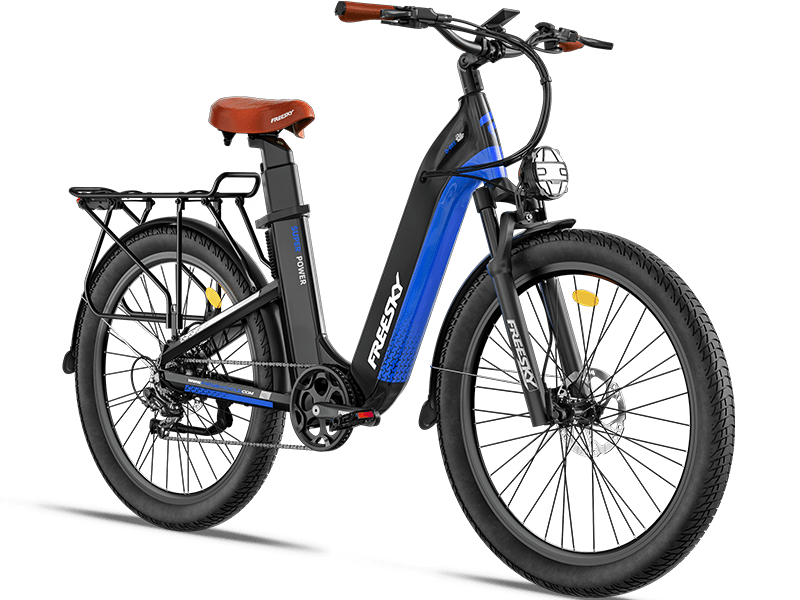E-Bikes and Sustainable Transportation
JUN 14, 2024
As cities grow and populations increase, urban transportation faces significant challenges such as traffic congestion, air pollution, and noise pollution. E-bikes (electric bicycles) have emerged as a promising solution to these issues, playing a crucial role in modern urban transportation.
How E-Bikes Reduce Carbon Footprint
E-bikes not only help alleviate urban transportation pressures but also play a vital role in reducing the carbon footprint. Here are some specific ways:
-
Replacing Short Car Trips: Short-distance driving is a major source of urban carbon emissions. Using e-bikes instead of cars for short trips can drastically reduce carbon emissions. For example, a car emits approximately 0.2 kilograms of CO2 per kilometer, while e-bikes have virtually zero emissions.
-
Reducing Energy Consumption of Public Transport: While public transportation is more eco-friendly compared to cars, it still consumes significant energy. E-bikes can supplement or replace public transport, especially during peak hours, by offloading some passengers, thereby reducing the energy consumption and carbon emissions of public transportation.
-
Promoting the Use of Green Energy: As e-bikes become more popular, the demand for green energy also rises. Many e-bike manufacturers and users are increasingly focusing on renewable energy sources such as solar and wind power, driving the transition towards a more eco-friendly energy structure.
-
Extending Battery Life and Recycling: The batteries of e-bikes are a primary source of their carbon footprint. Technological innovations and improvements can extend the life of these batteries and facilitate their recycling and reuse, further reducing the overall carbon footprint of e-bikes.
Success Stories and Model Cities
Many cities worldwide have successfully integrated e-bikes into their transportation systems, achieving remarkable results.
Copenhagen, Denmark: Known as one of the most bike-friendly cities globally, Copenhagen heavily promotes e-bike usage by building extensive bike lanes and parking facilities. About 62% of Copenhagen's residents cycle to work or school daily, with many using e-bikes. The city aims to become carbon-neutral by 2025, with e-bikes playing a significant role in this plan.
Amsterdam, Netherlands: Amsterdam is renowned for its cycling culture. E-bikes are especially popular among older adults and commuters. The city government encourages e-bike adoption by offering purchase subsidies and building charging stations, helping citizens embrace this eco-friendly mode of transportation.
Shenzhen, China: As a major e-bike production hub, Shenzhen leads in promoting e-bike usage. The city government has implemented numerous policies to encourage residents to use e-bikes and has developed a large-scale shared e-bike program. Currently, Shenzhen has over a million e-bikes, significantly reducing traffic congestion and improving air quality.
San Francisco, USA: Despite its hilly terrain, San Francisco has seen a rise in e-bike popularity. The city government and nonprofit organizations work together to promote e-bikes and build related infrastructure. E-bikes have become a vital transportation option in the city, reducing carbon emissions and offering a more flexible and convenient travel choice for residents.
In conclusion, e-bikes, as green, low-carbon, and convenient transportation options, have gained widespread recognition and adoption globally. With appropriate policy guidance and infrastructure development, e-bikes are poised to play an increasingly important role in future urban transportation systems, contributing significantly to sustainable development goals.




























